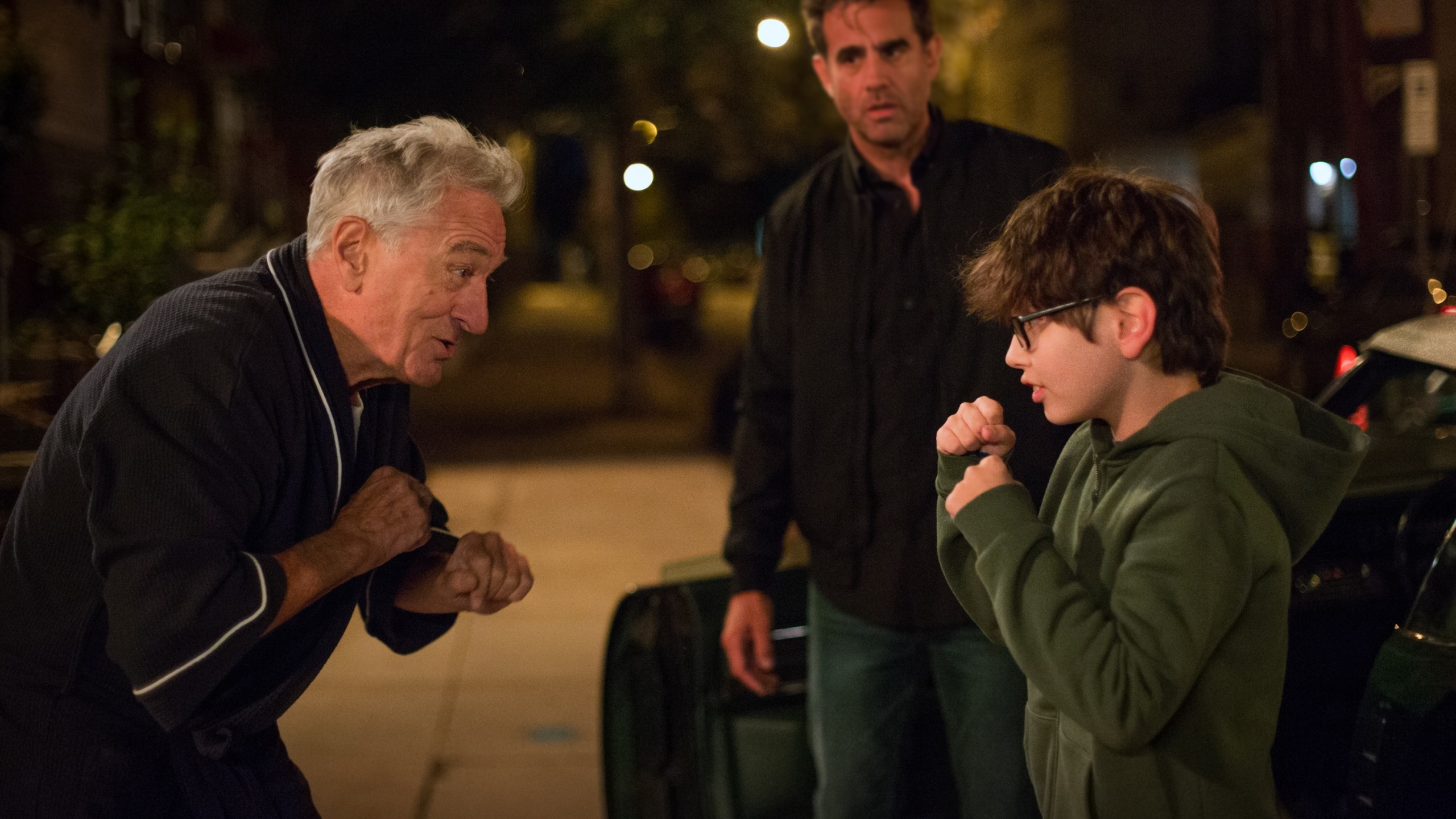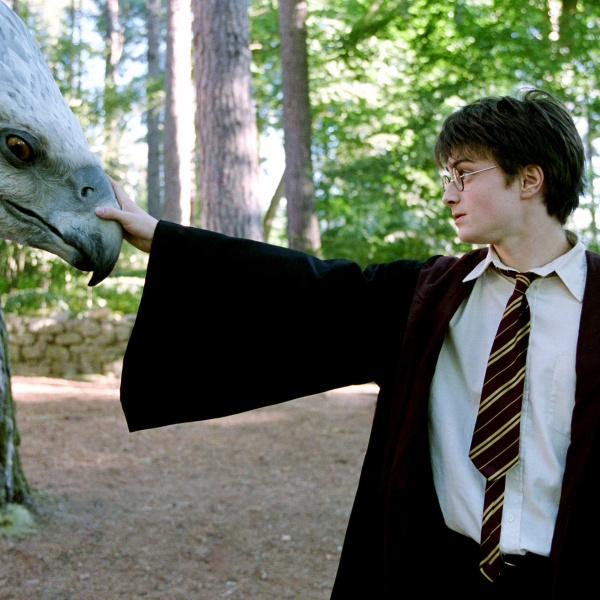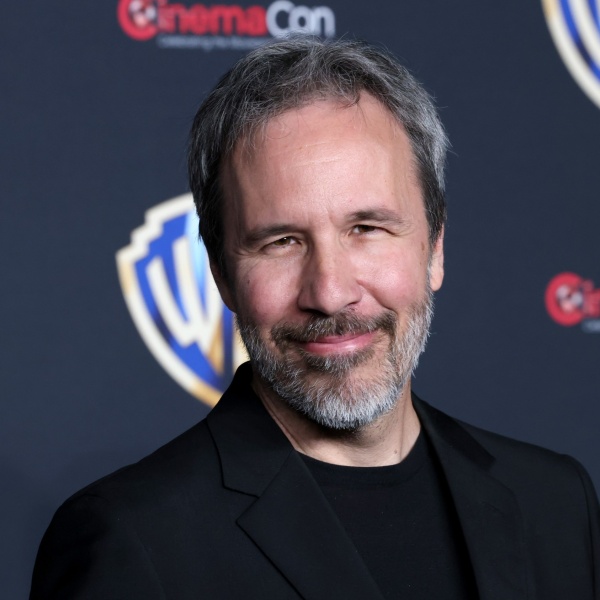A sweet and gracious and often painfully labored dramedy about a stand-up comic who struggles to connect with his autistic 11-year-old son, Tony Goldwyn’s “Ezra” rides an emotional honesty that’s almost completely undone by the sweaty contrivances of its plotting. But this modest little movie’s refusal to be limited by its “problem” — its insistence that stories involving neurodiverse characters can, should, and must touch on a wider range of human experience if they hope to ring true — feels like a step in the right direction for how such people are depicted on screen and seen in the world. It’s an approach that’s sure to resonate with anyone whose kid is on the spectrum, their autism just one ingredient in the endlessly complex soup of who they are and how they’re raised.
It’s also an approach, “Ezra” suggests, that requires a hard-won degree of finesse. If all parents fumble through the process of figuring out the best way to love their children, that process can just prove to be a bit more fraught and complicated when your child’s brain works in a different way than your own.
That’s certainly the case for Max (Bobby Cannavale doing his best Sebastian Maniscalco), a divorced comic who’d rather complain about the “secret languages” of the modern world than figure out how to communicate with his own kid; in an apolitical movie full of harrowingly bad stand-up sets, it’s a small mercy that Max never goes all the way in on the “you can’t even raise autistic kids anymore because of woke” mindset he seems to be flirting with from the start. Nevertheless, he’s no fan of the various adjustments that people are encouraged to make for neurodivergent kids. He balks at the sensory brush that his ex-wife Jenna (Rose Byrne) uses to calm their son down. Or the illustrated signs that Jenna and her rich new husband (Goldwyn) have pasted around their West Village townhouse to help keep certain behaviors in check.
And don’t even get him started on the meds that a doctor wants to prescribe Ezra after the kid nearly runs in front of a car and gets expelled from school; Max is so enraged by the suggestion that he punches the doctor in the face, earning himself a temporary restraining order from his own son in the process. Max isn’t the kind of father who knows how to process difficult information, or to appreciate that other people might know what’s best for his kid. And that’s because Max wasn’t raised by the kind of father who knows how to process difficult information, or to appreciate that other people might know what’s best for his kid. No, Max was literally raised by Robert De Niro (aka “Stan”), a man whose first and only reflex has always been to fight against the world rather than to fight for his family. Max loves his son to the moon and back, but stealing him from his mom’s house in the middle of the night and road-tripping to L.A. — where Max is scheduled to tape a career-launching set on “Jimmy Kimmel Live!” — probably isn’t the best way to get Ezra the help he needs.
Played by newcomer William Fitzgerald, who’s on the spectrum himself and brings an obvious authenticity to even this movie’s hackiest scenes, Ezra is a frustratingly nuanced case for a father who sees every situation in black-and-white. If his autism were more severe, it’s possible that Max would have a clearer sense of how to engage with it. As it stands, however, Max feels encouraged to treat his son like a neurotypical kid, and to lash out whenever that strategy invites negative repercussions.
“Autistic kids don’t give a fuck,” he swears in a stand-up routine that frames him as the kind of dad who probably rages about participation trophies and thinks that trigger warnings pose a bigger problem than gun violence (I was less than shocked to learn that Cannavale sought advice from Bill Burr). He refuses to accept that Ezra has a thing about using metal silverware, or that the mushy texture of a banana is more to him than a mild distaste. He wants to show Ezra all the affection his own father never showed him, but he’s too invested in that “mind over matter” bullshit to figure out what form that affection might take for a kid who can’t stand the sensation of being hugged.
It’s a dilemma that screenwriter Tony Spiridakis knows from personal experience, and one that he’s able to render with heart-wrenching empathy whenever “Ezra” isn’t trying to be funny and/or desperately finding some new sources of fuel for its stalled out nothing of a cross-country plot. If that plot forces Cannavale towards a broadness that betrays the detailed unraveling of his character, he and Fitzgerald still maintain a mutual intuitiveness that allows their relationship to remain believable enough until the bitter end — even when the movie around starts treating logic and realism like pieces of roadkill that it would be safer to run over than to drive around.
That emotional reality makes all the difference to a story that starts on a prosperous note (Jimmy Kimmel can’t afford to fly comics out for their tapings?), and only gets more ridiculous when Jenna accidentally triggers an Amber Alert, and then rides shotgun with Stan in a bid to find Max and Ezra before the authorities can. The film’s low point finds Max crashing with an old comic friend called Nick (Rainn Wilson), who apparently once stole a pan from Max’s dad. By the time that “Ezra” finally puts this Midwestern pitstop in its rear-view mirror, that stupid pan has been the subject of at least three different scenes, each one of them more eye-rolling and less funny than the last.
This awful runner epitomizes the comic entropy of a movie that desperately wants to bring some levity to a subject often treated with a much heavier hand, and while it’s easy to admire that attempt, Nick is far and away the most amusing and credibly naturalistic character who Max and Ezra encounter as they speed West. The moments in which Max interacts with other neurotypical adults tend to feel as if they were written by aliens (a crucial sequence involving an old flame played by Vera Farmiga is so quasi-magical and outlandish that it plays like a dream), while the decision to squeeze Stan’s dawning self-awareness into a single monologue doesn’t help to smooth over any of the movie’s potholes (De Niro has been vocal, perhaps too vocal, about his own experience with an autistic child, but that doesn’t mean he was necessarily willing to waive his usual day rate). If Goldwyn’s stolid direction is much better geared towards the film’s dramatic moments, he does what he can to sustain their momentum with a handful of soft-rock montages of life on the road — a solid trick for a story that gets more mileage from sweet vibes than it does from any specific incidents.
Be that as it may, the destination is worth the journey; audiences might — and almost certainly will — struggle to swallow the process by which Max comes to appreciate Ezra’s neurodivergence as an invitation to address his own dysfunction, but there’s no questioning the sincerity of his need to do that, or the value of what he stands to gain by pulling it off. “Autism comes from the Greek meaning for ‘in their own world,’” Max tells us at one point. After 11 maddening years of trying to yank Ezra into our world, Max finally discovers the power of meeting Ezra in his. It’s an epiphany that every parent comes to by their own path, and on their own time. Clunky as it can be, “Ezra” finds real strength in the fact that late is better than never.
Grade: C+
Bleecker Street will release “Ezra” in theaters on Friday, May 31.




